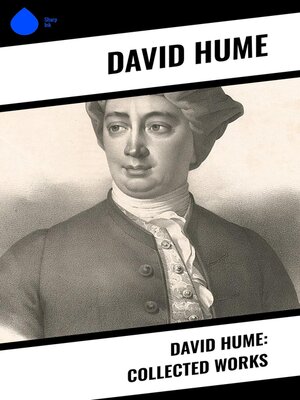
Sign up to save your library
With an OverDrive account, you can save your favorite libraries for at-a-glance information about availability. Find out more about OverDrive accounts.
Find this title in Libby, the library reading app by OverDrive.



Search for a digital library with this title
Title found at these libraries:
| Library Name | Distance |
|---|---|
| Loading... |
David Hume: Collected Works is a comprehensive anthology that encompasses the seminal writings of one of the most influential philosophers of the Enlightenment. This collection features Hume's groundbreaking essays and treatises, including his inquiries into human nature, epistemology, and ethics. Hume's literary style is characterized by its clarity, wit, and rigorous skepticism, employing empirical observation to challenge the metaphysical assumptions of his time. The context of this collection is marked by the tension between rationalism and empiricism, positioning Hume as a crucial figure in the development of modern philosophy. David Hume (1711-1776) was a Scottish philosopher, historian, and economist renowned for his empirical approach and contributions to skepticism. His upbringing in Edinburgh, amid the intellectual fervor of the Scottish Enlightenment, shaped his philosophical outlook. Hume's dialogues often reflect a deep understanding of human psychology, likely stemming from his own life experiences and social observations, enabling him to articulate profound insights into the nature of belief, knowledge, and morality. Recommended for both scholars and general readers, David Hume: Collected Works offers a vital portal into the mind of a philosopher who challenged conventional wisdom and reshaped the landscape of modern thought. Engaging with this collection will not only deepen one's understanding of Hume's philosophical inquiries but also invite readers to reflect on their own beliefs and the nature of human understanding.







